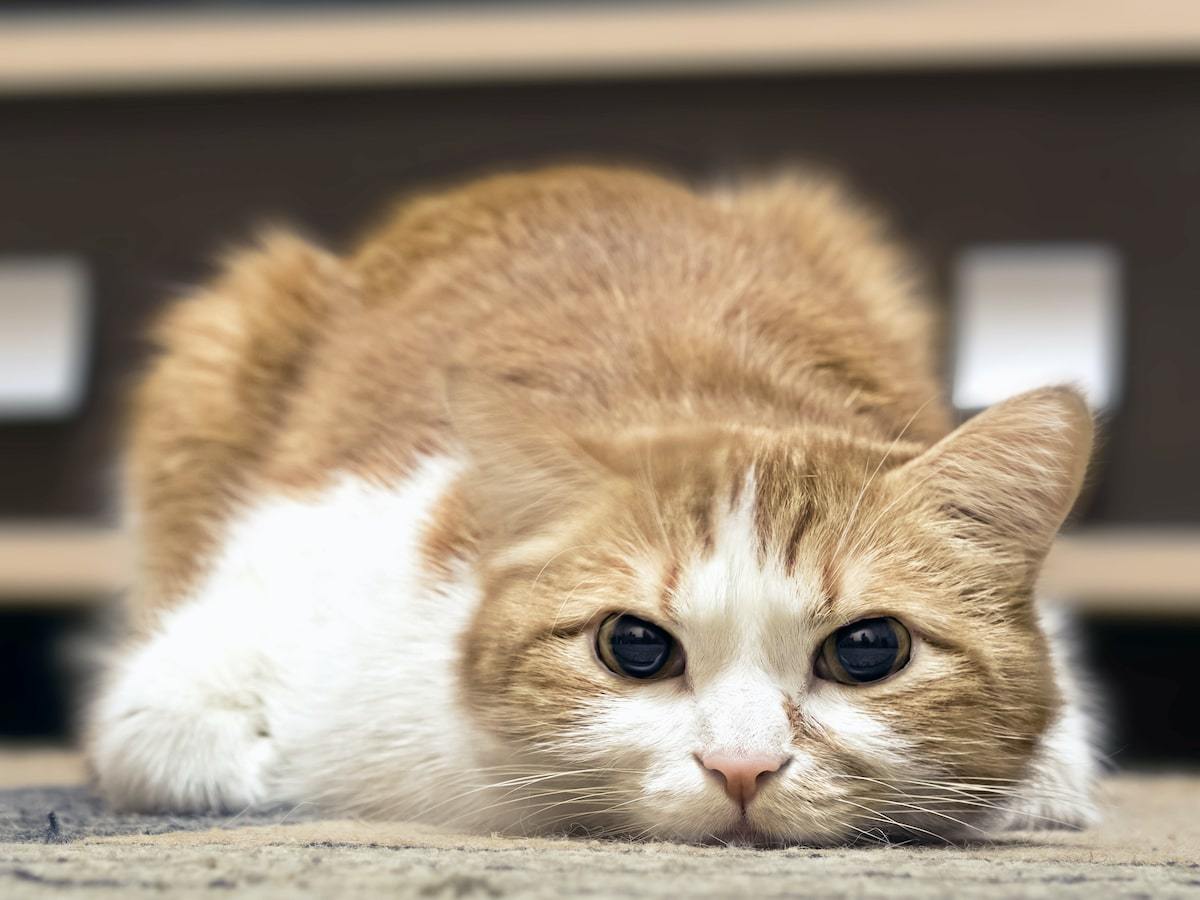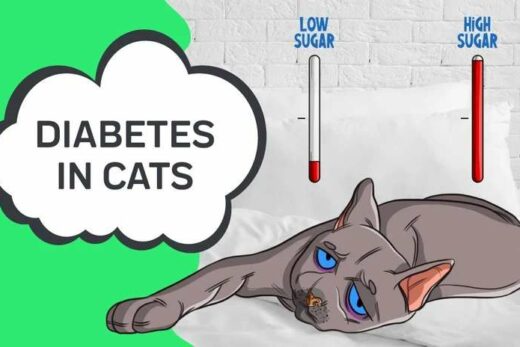
Is your cat stressed or anxious? This article will explore the most common symptoms and causes of anxiety in cats. In addition, we will cover some natural remedies that can actually make a big difference for your stressed out feline.
Symptoms of an Anxious Cat
- Sudden Changes in Behavior
- Hiding
- Failure to Use the Litter Box
- Changes in Appetite
- Excessive Grooming
- Aggression Towards People or Other Pets
- Obsessive Compulsive Behaviors
- Trembling, Drooling, or Excessive Vocalization
Sudden Changes in Behavior
Cat owners often notice that something is just “off” with their feline friend. Subtle changes in behavior are not always a sign of stress – they could be signs of maturity or even changes in response to different seasons. However, if you notice changes in behavior, be on the lookout for other signs of cat anxiety so that you can take quick action if the problems persist or get worse.
Hiding
One of the most typical responses observed in stressed cats is to spend more time than usual in hiding spots. While it may be tempting to go and get your furry friend and encourage them to be more social, it is probably better to let them self-soothe in their safe spot. If the problem persists for more than a week, or if your kitty has other worrying symptoms (such as refusing to eat or use the litter box) then you may want to consult with your vet.
Failure to Use the Litter Box
If your cat suddenly refuses to use the litter box, it may be a sign of stress or anxiety. Be sure the litter box is clean and easy to access. Try setting up an additional litter box in another location. If this problem persists for more than a few days, consult with your vet as there may be a physical problem such as an illness that needs diagnosis and treatment.

Changes in Appetite
Just like in people, stress can cause decreased appetite in cats. Missing a meal here and there is not really an emergency. However, if problems with appetite persist, it could be a sign of an emergency medical condition and prompt treatment could save your cat’s life.
Aggression Towards People or Other Pets
Anxiety in cats can also manifest as aggressive behavior towards other members of the household. This defensive behavior can most often be observed when there is a sudden change in the household such as the addition of new pets, moving, or major changes in the daily routine.
Obsessive Compulsive Behaviors
It is not uncommon for feline’s to exhibit obsessive compulsive behaviors in response to stress. This type of reaction is characterized by repetitive motions or actions that your cat is using to self-soothe. A common example is excessive cleaning. While kitties are by nature clean animals, overgrooming obsessively can be a symptom of a stressed out cat. Other examples of OCD behavior in cats include licking or chewing on fabric, chasing their tail, pacing back and forth, or even self-mutilation in severe cases.
Obsessive compulsive behaviors can range from mild to severe. Although they can be a response to stress, they may also be a sign of another underlying issue that needs veterinary diagnosis.





